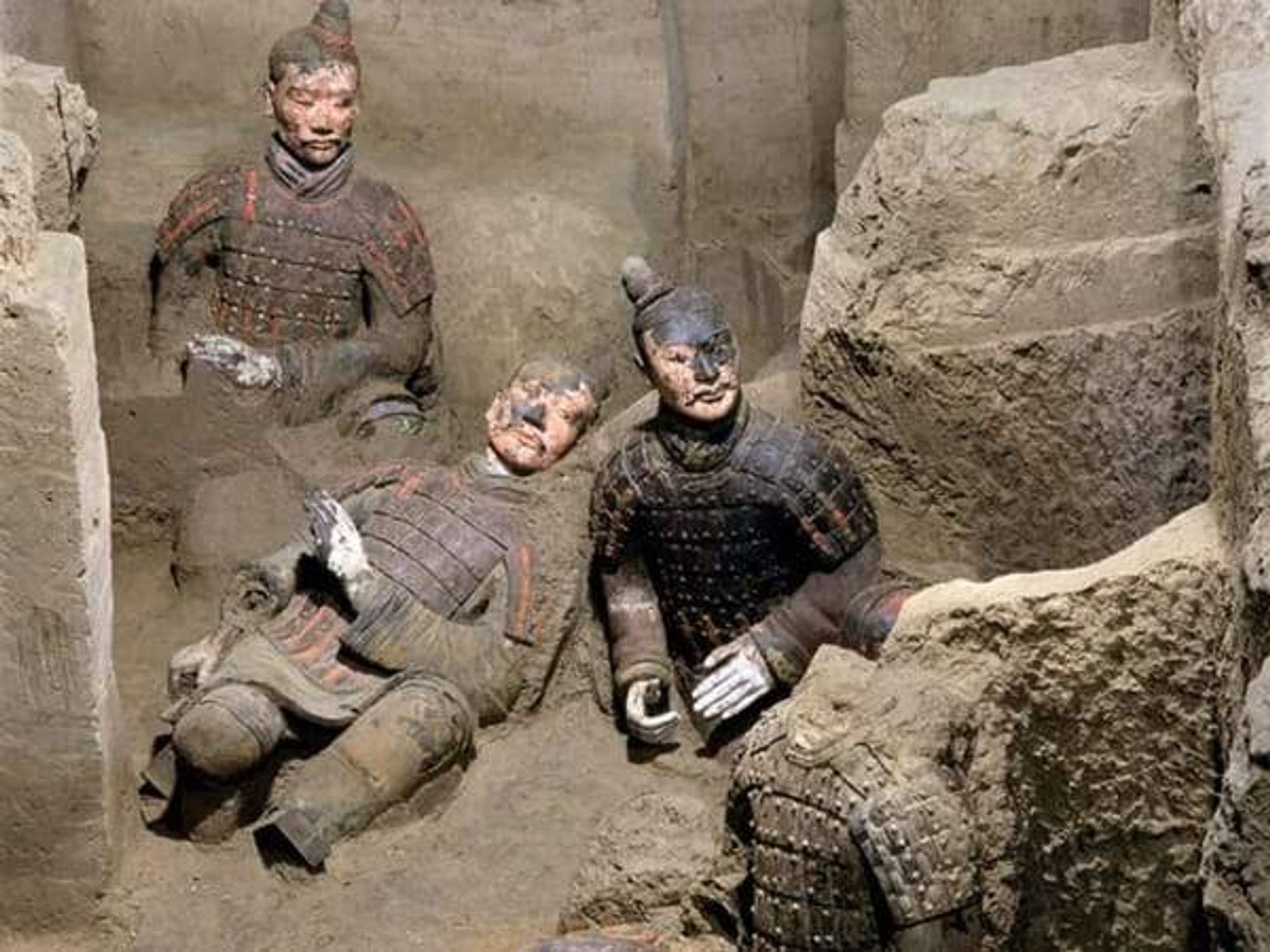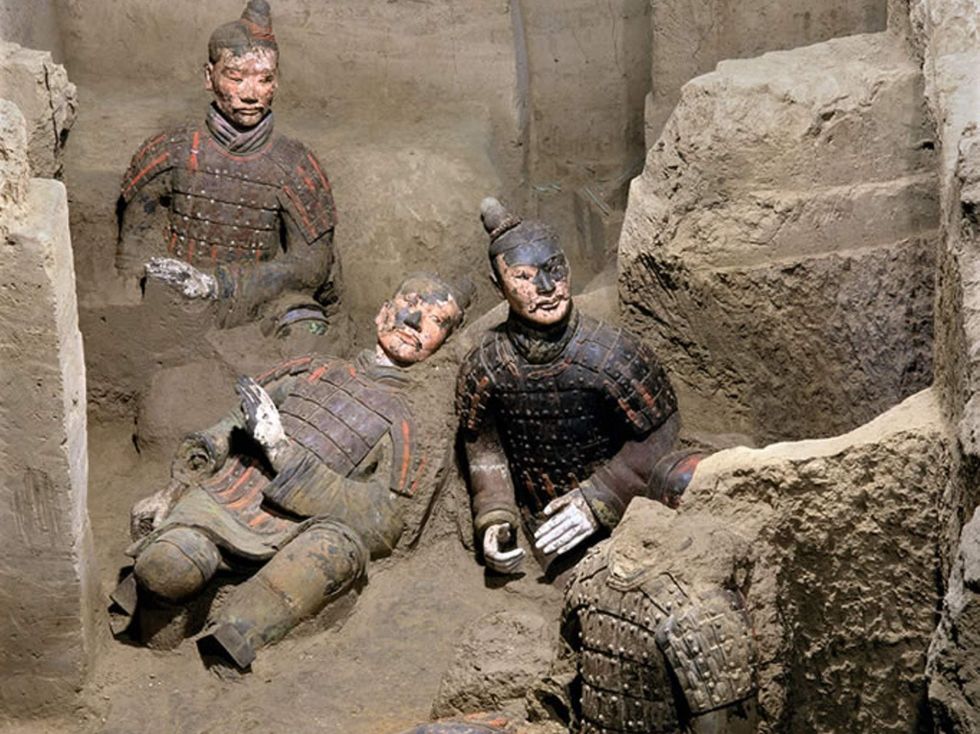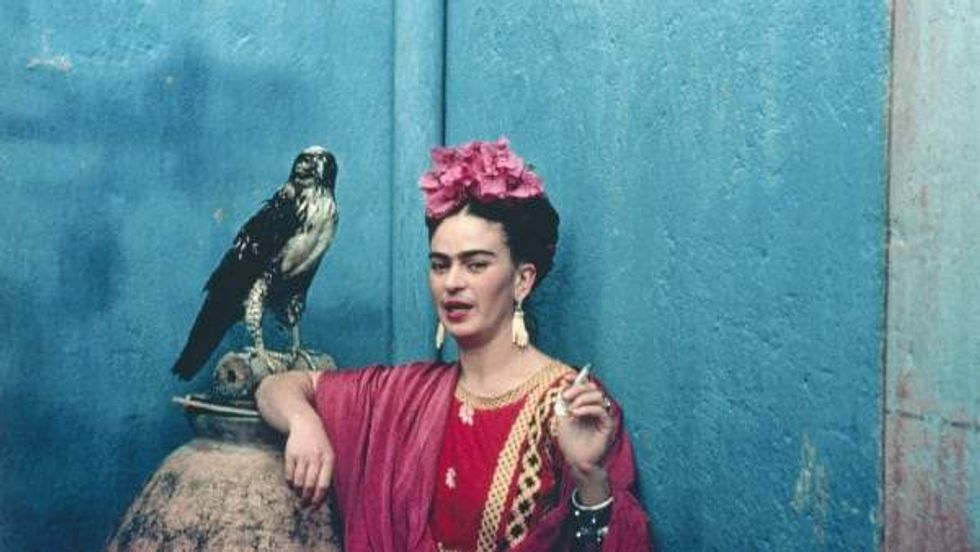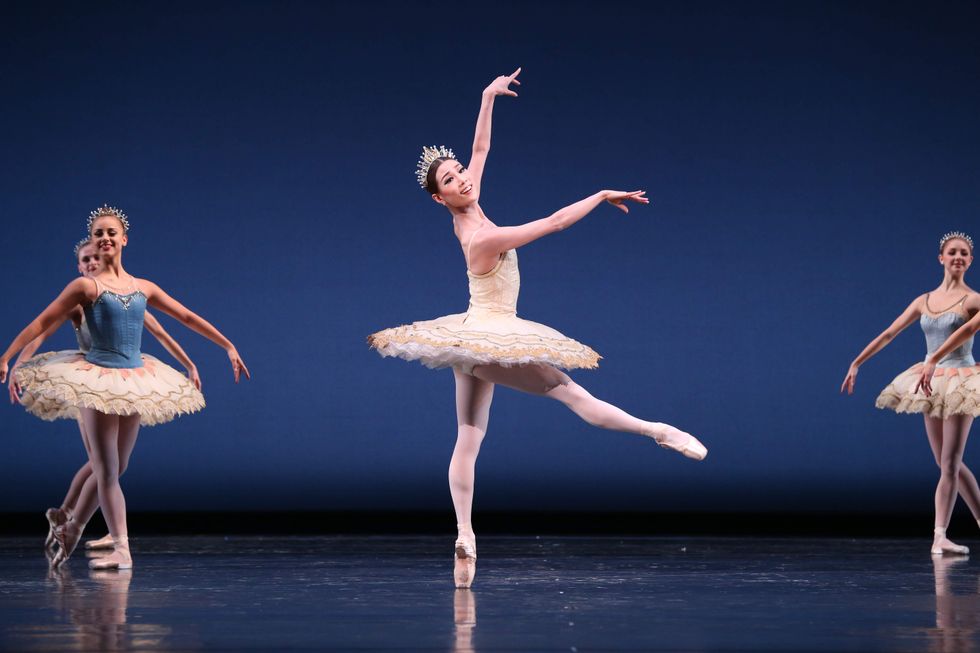The Review is In
O Columbia dreams: Ambitious chamber opera about space shuttle accident works to engage audience
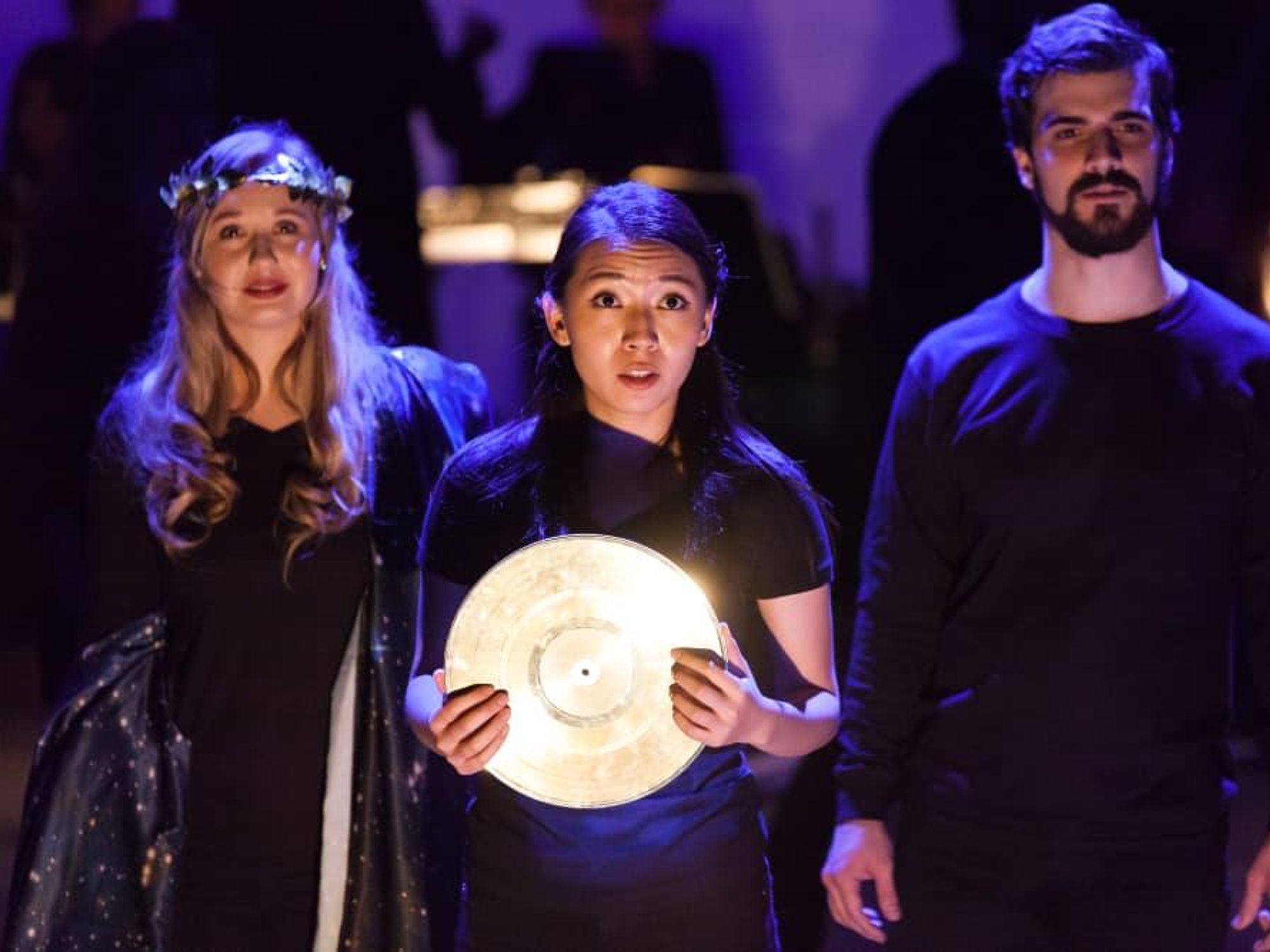
When I returned home from the opening night performance of Houston Grand Opera’s O Columbia, a piece of paper fell out of my program. The Song of Houston Performance Questionnaire asked me to say whether or not I agreed with the statement “I felt engaged by this performance.” More specifically, did I strongly agree or strongly disagree?
I could have dismissed the incident and proceeded with writing this review, but I continued reading the form. There were more questions, and I contemplated how I might reply to each one. They were intriguing. Perhaps, also they reveal something of how Houston Grand Opera views the chamber operas it has been producing for several years now as part of its Song of Houston initiative.
The problem, of course, is that I couldn’t strongly agree or disagree entirely with any of the questionnaire statements.
This weighty chamber opera centers on material obtained from Houston-based NASA astronauts, scientists, and engineers. It was “…originally conceived as a tribute to the astronauts who lost their lives in the tragic 2003 Columbia space shuttle accident,” as described in the program, which promised also that the opera’s final theme had become more a “…celebration of the spirit of exploration, which compels us to keep searching for answers even in the face of great loss.”
Alright, that seems engaging, if not a bit difficult to accomplish within the general structure of a chamber opera.
Something different
The work as staged at the Revention Music Center, however, turned out to be something very different. The newly-commissioned score by composer Gregory Spears reveals his musical gifts within the first few minutes. I was certainly engaged, since he is particularly good at writing for strings. He has provided better music than many of his peers in the greater Song of Houston project.
He describes his style here as blending neoclassical and post-minimal styles, and he even works in, very skillfully, some fragments from a Haydn opera. The work has a certain texture, a kind of density, that resonated beautifully in the large hall. Timothy Myers did an expert job conducting the small ensemble.
It’s clear that Spears has listened to David Lang, even if his score lacks the existential punch of a work like Lang’s Child, for example. O Columbia is hardly as idiosyncratic as any opera by Nico Muhly, as well, but let’s not forget that this is a chamber work. Some of Spears’ more backward-looking music in the opera recalls Benjamin Britten and Ralph Vaughan Williams, which is never bad. I was quite impressed, overall, and by his prowess. I would love to hear an opera by him in which he was given free reign to write whatever he likes.
Spears’ writing for voices here is not as strong, and I might have this impression due to Royce Vavrek’s clumsy libretto. The action, if one could call it that, centers on a character named Becca, a young girl in Houston who dreams of becoming an astronaut. Becca seems to spend most of the opera ruminating in her bedroom, however, surrounded by a chorus of eight adults and two other characters, Sir Walter Raleigh/Astronaut and Lady Columbia.
At times, the eight adults are supposed to be her classmates. At other times, it's not quite clear who they are, exactly. Sir Walter Raleigh sings a short aria about Roanoke, and the singers shout weird phrases such as “Build a new history! Build a new country!”
Noble goal
It’s difficult to follow, and the singing is so muddled that viewers must look at the supertitles projected on a large white curtain behind the musicians. Later, Becca ruminates some more and seems to be confronted by Lady Columbia. It’s actually a little bit more like the Queen of the Night has stumbled into the wrong opera. Mostly, I feel that Vavrek has provided a largely unsingable text and most of it just sounds hackneyed, like a Broadway revue.
There is some good vocal work here, some bad singing there, and some artistry that made me feel engaged. Ben Edquist has a clean, heroic voice that might be better suited to grand opera. Watch for him later this season in several works, including Tosca, Eugene Onegin and the lead role in Carlisle Floyd’s Prince of Players. Megan Samarin is an imposing Lady Columbia, with impressive intonation and a confident, stately presence. I really couldn’t understand the exact nature of her character, but I loved hearing her sing.
Pureum Jo in the lead role of Becca seemed to be aiming for a vocal heaviness that betrayed her youthful character. It was as if she couldn’t hear herself, which might have been true in the strange venue (for opera, at least). She was just working too hard, and Spears and Vavrek might have thought to give her a truly stunning aria somewhere during those 70 minutes.
The libretto sags as it continues, turning into a rather strange sort of propaganda for the virtues of exploration. Does anyone attending this opera need to be convinced of that? It seems to finish where it began, with a circular structure that is more than a bit old-fashioned.
HGO seems to want to present small operas that make their mark not through musical means, but rather by inviting a community to sit up and take notice of its diversity, accomplishments, and adventures. It’s a noble goal, but if these operas are to have a life that extends beyond the premiere run, in other cities and other opera houses, then the material itself will have to be a bit more… engaging.
------------
The final performance of O Columbia is Thursday night (September 24). Tickets are available on the Houston Grand Opera website.
